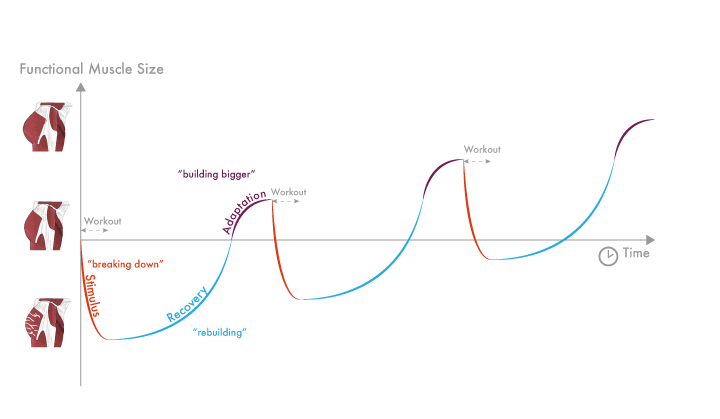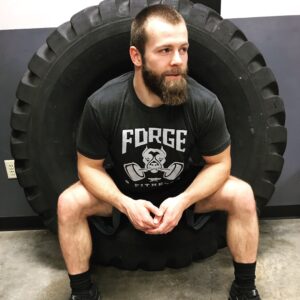Many people come to me flustered and confused, wondering why they’re not making progress in their training. Barring acts of God, if there’s an unnecessary plateau in your training it’s almost definitely due to one of the following variables:
Programming
Diet
Sleep/Recovery
Programming:
For those who don’t know, a program is an organized series of workouts designed to achieve a certain athletic goal.
If “programming” is your issue, it could be because you’re not really following your program, you’re not even on a program, your program isn’t appropriate for you as an individual, or because it’s just a bad program. Hopefully you’re able to figure out the first two on your own. If not, God help you.
If you are on a program and you’re actually following it (good job!), but you’re not sure if it’s a good one or not, I’ve written an article on “3 things every training program should include“, which covers the basics.
To summarize though a good program should:
> specifically address your personal goals
> it should be appropriate for your level of fitness
> it should address your strengths/weaknesses (assuming you’re not a novice, in which case you have no strengths) and
> it should incrementally increase in difficulty.
Now that you’ve checked all those things off the list, another super common issue is:
Diet:
If you’re breaking down your body with training and not replenishing it with the appropriate resources, you’re not going to get bigger, stronger, more toned, athletic or whatever. Actually there’s a good chance you’ll get weaker, and working out to get weaker is really dumb.
As a basic recommendation for strength training, you’re going to need 2 grams of high quality protein per KG of body weight, 5-6 grams of carbs per KG of body weight (or 45-65% of total calories) and 20-35% fats (Baechle, 211-213).
The last essential component is sleep:
Sleep:
Once you apply training stimulus and have given your body adequate resources with which to rebuild, it needs time and rest in order to recover and adapt. Check out this beautiful graph by Bret Contreras: 
Practically speaking, if you’re tired as hell when you start training, the quality of your training is going to suck, and therefore your adaptations will equally suck. Adaptations will be specific to the quality of work completed.
Example: Let’s suppose you train hard on Friday, then you go out and party all day and all night on Saturday. You stumble into the gym on Sunday and try to train. You’re only going to be able to train at a fraction of the intensity you’re actually capable of training at. That means that if you’re wanting to break past 5×5 at 225 on back squat, but you can only squat 185 that day because you’re so tired and never recovered from your last training session, you’re never going to get past that 225 mark. To progress past your current limitations, you need to train reasonably close to them.
That’s it! Pretty darn simple. Obviously we could spend a long time digging deeper into each of these topics, so let me know if you have questions about any of them so I can know what to write about next.
SOURCES
Baechle, Thomas R., and Roger W. Earle. “Nutritonal Factors in Health and Performance .” Essentials of Strength Training and Conditioning, Human Kinetics, 2008, pp. 211–213.






2 Comments
I currently have what I would say is a horrible diet. I need more protein. A lot of my issues are that I don't like a lot of fruits and vegetables. I eat bananas every day, nothing for lunch, nothing in between. For dinner I eat a lot of eggs. I am looking forward to your article. Thank you for sharing.
I am a novice...
Leave A Comment